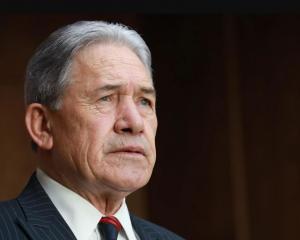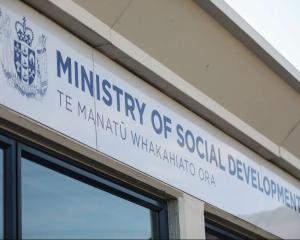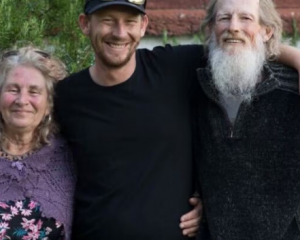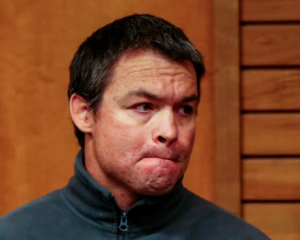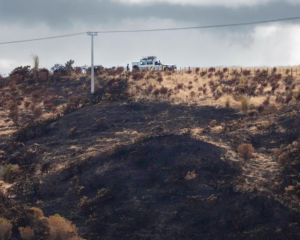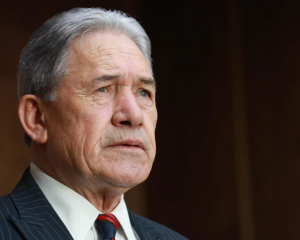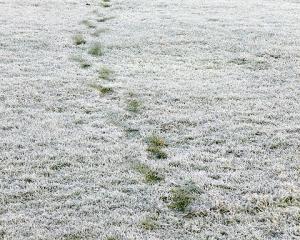Australian sport is in turmoil after reports of widespread drug use and links to organised crime, but Drug Free Sport New Zealand says the problem has not necessarily crossed the Tasman.
A 12-month Australian Crime Commission (ACC) investigation into the integrity of professional sport culminated today with the release of a damning report, the implications of which certainly stretch to Kiwi athletes.
With several New Zealand teams participating in trans-Tasman competitions and a number of Kiwis on the books of Australian clubs, local links are easy to find.
The NRL and A-League, in which the New Zealand Warriors and Wellington Phoenix respectively compete, were among the codes embroiled in what has been dubbed the darkest day in Australian sport.
And with the ties between the two countries' athletes stretching beyond the involvement of those teams, it would be naive to suggest performance enhancing drugs are prevalent in Australia but are yet to provide problems on this side of the Tasman.
Drug Free Sport NZ chief executive Graeme Steel said the organisation was very concerned about the findings emerging from Australia, but he was wary of labelling Kiwi athletes as guilty by association.
"It's not natural to think that but, at the same time, we can't dismiss that possibility and we'll need to consider what we need to do to investigate it," he said.
Mr Steel said he had not heard of any suggestion New Zealand clubs in trans-Tasman competitions were being specifically targeted, but he called it "a space we need to watch".
Of more immediate concern could be the fate of the Kiwi contingent at the Manly-Warringah Sea Eagles.
National representatives Kieran Foran and Steve Matai are among the New Zealanders plying their trade at the rugby league club, which is currently being audited by an accounting firm instructed by the NRL to investigate their records of supplement purchases.
Players at Manly were provided supplements by Stephen Drank between 2006 and 2010, a sports scientist sacked by Aussie Rules side Essendon and currently under investigation by the ACC. The club, whose chief executive Ian Robson was formerly the Warriors' boss, earlier this week announced they had volunteered doping records to the Australian Sport Anti-Doping Agency.
The substance at the centre of the Essendon scandal was peptides, a chain of amino acids which can signal the brain to release human growth hormone.
Mr Steel was reluctant to discuss whether peptides were an issue in New Zealand, while no one from Sport New Zealand was available to comment until they had read the full ACC report, which is available online.
Today's news comes hot on the heels of Lance Armstrong's wide-ranging confession, testimony in a Spanish doping trial casting aspersions on footballers and tennis players, and continual doping infringements in American sport.
Rather than being a negative, though, Mr Steel said these repeated blows to sport's credibility were a sign anti-doping authorities were slowly winning the war on performance enhancing drugs.
"I think this is evidence at what previously may have been undiscovered is now being discovered.
"We've had numerous examples in recent times of things which previously would have just flown under the radar with just a straight testing programme, but evidence is emerging from other sources of doping.
"So I think this is evidence that we're getting closer to getting on top of it."
- Kris Shannon of APNZ

